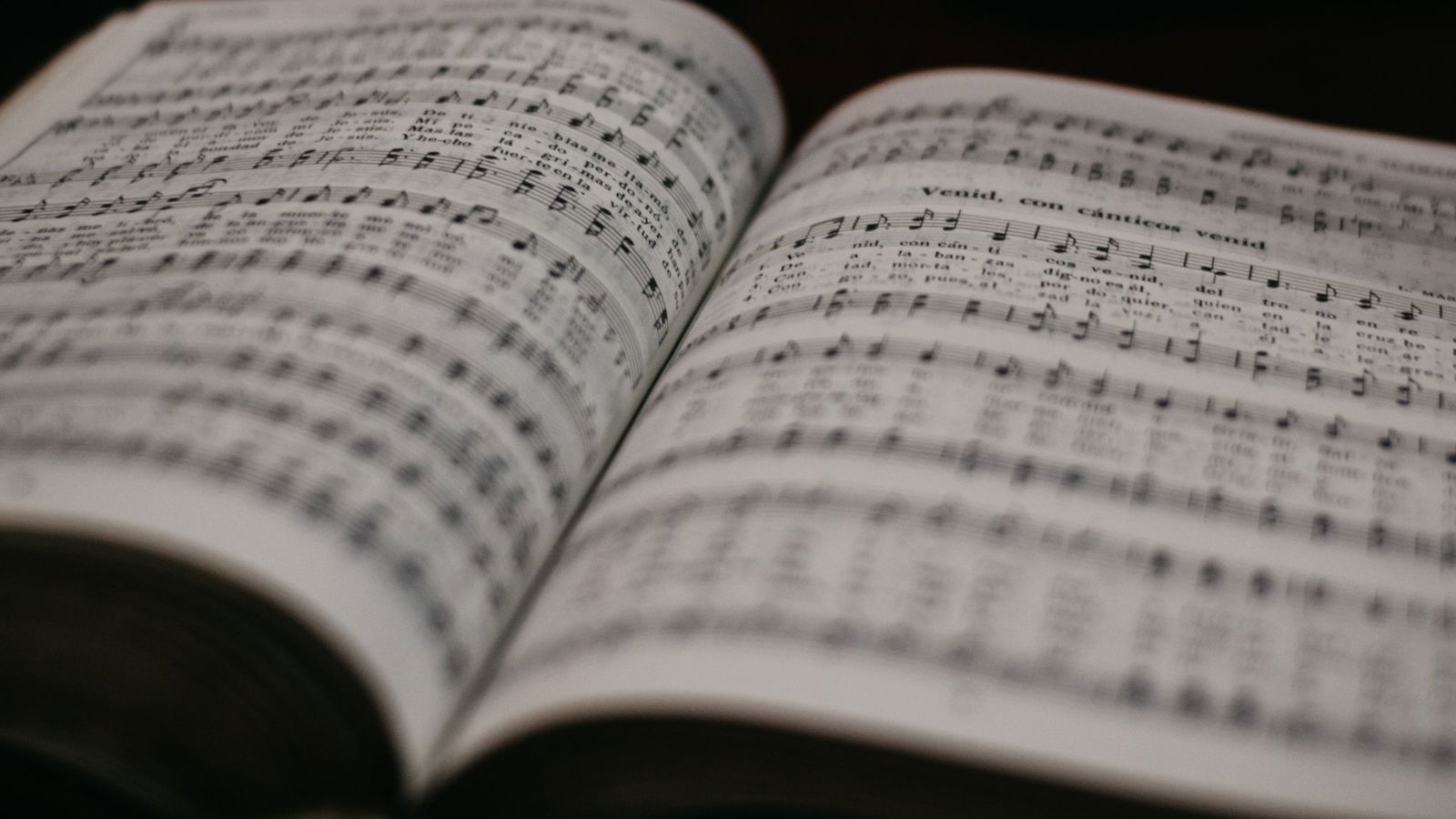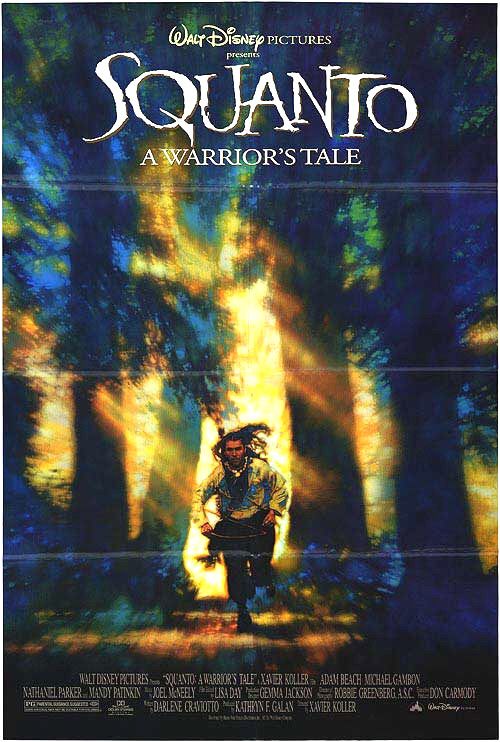
Great Hymns of the Faith: A Mighty Fortress Is Our God
By John Michael Luther, Christian and composer
A Mighty Fortress is Our God: by Martin Luther (1483-1546)
Originally titled “Ein feste Burg ist unser Gott,” penned in 1527 by Martin Luther (1483-1546), “A Mighty Fortress is Our God” is a paraphrase of Psalm 46. It was a challenge to the Catholic Church’s departure from the true faith. When asked by church leaders what he would substitute for relics, indulgences, traditions, and the like, he responded, “The Word of God.”
Luther once said, “Beautiful music is the art of the prophets that can calm the agitations of the soul; it is one of the most magnificent and delightful presents God has given us.” He also said, “Next to the Word of God, the noble art of music is the greatest treasure in the world. It controls our hearts, minds and spirits. A person who does not regard music as a marvelous creation of God does not deserve to be called a human being; he should be permitted to hear nothing but the braying of asses and the grunting of hogs!” In times of depression and discouragement, Luther would turn to his friend Melancthon and say, “Let’s sing the Forty-sixth Psalm—A Mighty fortress is our God, a bulwark never failing.”
Luther was born into a musical family. As a boy, he joined a boys’ choir and became proficient in the flute. Being an excellent musician, he would take his lute (an ancient relative of the guitar) and accompany the singing of this triumphant song. Most of Luther’s many hymns were intoned with Luther’s original melodies.
Numerous composers have been inspired to compose works based on the Hymns of Martin Luther. Johann Sebastian Bach, who had two complete sets of the works of Martin Luther in his library, based eight of his cantatas on the hymn chorales of Luther. This included “Ein feast Burg ist unser Gott.” Felix Mendelssohn wrote his Symphony No. 5 The Reformation Symphony with the last movement also based on the same Chorale.
It is said that the Protestant reformation believers often experienced persecution and even death. In their final moments, these words were often sung until their death, “Let goods and kindred go, this mortal life also; the body they may kill; God’s truth abideth still; His binder is forever.”
A mighty fortress is our God, a bulwark never failing; our helper he, amid the flood of mortal ills prevailing.
For still our ancient foe does seek to work us woe;
his craft and power are great, and armed with cruel hate, on earth is not his equal.
Did we in our own strength confide, our striving would be losing, were not the right Man on our side, the Man of God’s own choosing.
You ask who that may be? Christ Jesus, it is he;
Lord Sabaoth his name, from age to age the same; and he must win the battle.
And though this world, with devils filled, should threaten to undo us, we will not fear, for God has willed his truth to triumph through us.
The prince of darkness grim, we tremble not for him; his rage we can endure for lo! his doom is sure; one little word shall fell him.
That Word above all earthly powers no thanks to them abideth; the Spirit and the gifts are ours through him who with us sideth.
Let goods and kindred go, this mortal life also; the body they may kill:
God’s truth abideth still; his kingdom is forever!
Questions or comments? Please write to us here.


 - Content:
- Content: 
